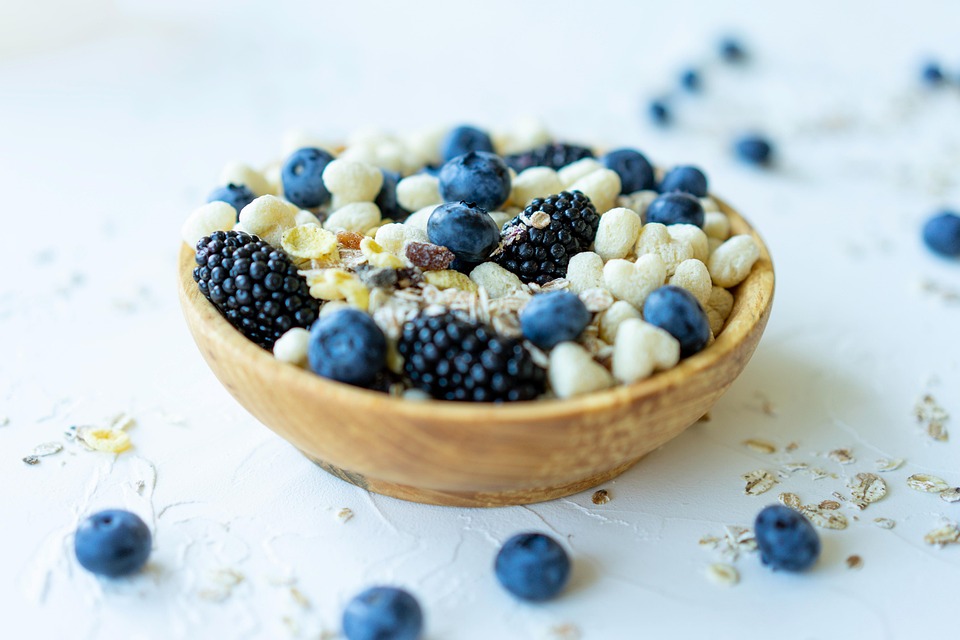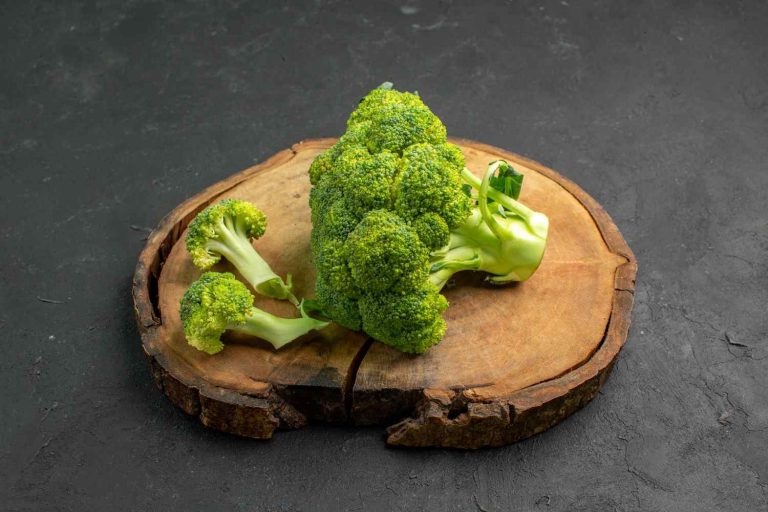Vision blueberry diet begins with a promise: real food, real berries, real protection for your eyes. It’s not a fad or a miracle pill. It is a thoughtful way to feed the parts of your body that let you see the faces you love, the pages you read, and the world you don’t want to miss.
If your eyes are worth the effort, and they are, the vision blueberry diet matters because it pairs powerful antioxidants, essential nutrients, and practical eating habits that science links to better retinal function and reduced risk of age-related decline. I’ll tell you exactly how to make it work for you, with the warmth of someone who’s lived long enough to be picky about results and impatient enough to give you the fast facts.
Contents
Vision Blueberry Diet: How It Nourishes Your Eyes
Blueberries are tiny, but they carry big science. When you center your meals around berries, leafy greens, and eye-friendly fats, you’re doing more than enjoying flavor, you’re creating an internal shield. The vision blueberry diet focuses on anthocyanins, lutein, zeaxanthin, omega-3s, and Vitamin C and E to help protect your retina, support healthy blood flow, and reduce oxidative stress.
Researchers at institutions like Harvard and the National Eye Institute have put this on paper, and the evidence is persuasive when you look at long-term studies suggesting diets rich in these compounds lower the risk of macular degeneration and help preserve night vision. That’s not theory. That’s useful, practical science you can act on.
1. High Antioxidant Shield
Blueberries are loaded with anthocyanins, the pigments that give them their color and antioxidant punch. These antioxidants neutralize free radicals that damage cells in the retina. When you build the vision blueberry diet into breakfast, lunch, or snacks, you’re adding a daily defensive layer for the tiny structures in your eyes that do the hard work of focusing and filtering light.
Eat a handful or mix berries into yogurt or oatmeal. This is an easy swap that yields measurable benefits because antioxidants from food behave differently than isolated supplements.
2. Supports Macular Health
The macula is the part of the eye that gives you sharp central vision. Lutein and zeaxanthin, nutrients often found alongside blueberries in a well-rounded diet, accumulate in the macula and act like sunscreen for your photoreceptors. The vision blueberry diet encourages food pairings like spinach, kale, and fresh berries that naturally supply these compounds together.
Studies linked to age-related macular degeneration show diets rich in these nutrients can slow progression. So the choice to eat berries isn’t pretty picture thinking, it’s preventative.
3. Improves Night Vision And Contrast
Struggling with glare on rainy nights or finding it harder to see contrast? Anthocyanins in berries improve circulation in the tiny vessels that serve the retina and may boost your ability to adjust from light to dark. People who adopt the vision blueberry diet often report clearer night driving and sharper contrast perception, and clinical research supports improvements in certain visual functions after sustained intake.
It’s not immediate magic. It’s steady, cumulative benefit, the kind that becomes obvious in the small victories of everyday life.
4. Fights Inflammation Systemically
Chronic inflammation is quiet, persistent, and damaging to blood vessels throughout the body, including the eye. Blueberries have anti-inflammatory properties that help tamp down this damage. When you commit to a vision blueberry diet that includes whole berries, fatty fish, and nuts, you’re lowering inflammatory markers that studies associate with retinal disease.
Think of it as a gentle, ongoing repair process, like tending a garden so the plants can thrive.
5. Supports Vascular Health For Eyes
Healthy eyesight depends on healthy blood flow. The small capillaries that feed the retina need antioxidants and omega-3 fatty acids to stay flexible and clot-resistant. The vision blueberry diet couples berries with foods like salmon and walnuts to support circulation and maintain the delicate balance your eyes require to receive nutrients and flush waste.
Better blood flow equals better nutrient delivery and clearer vision over time.
6. Promotes Healthy Aging Of The Retina
Aging is inevitable, but the way your retina ages can be influenced by diet. Blueberries and complementary foods provide nutrients that support cellular repair and slow degenerative changes. The vision blueberry diet helps maintain photoreceptor function and preserve visual acuity as you age, which translates into more independence and more clarity in day-to-day life.
This is the kind of long-game care that pays off in real, tangible ways.
7. Enhances Cognitive And Eye-Brain Connection
Vision isn’t just about eyes; it’s about the brain’s ability to process what the eyes send it. Anthocyanins in blueberries cross the blood-brain barrier and support neuronal health. By choosing a vision blueberry diet, you’re supporting both the hardware (your eyes) and the software (your visual processing) so images land clearly and meaningfully.
That dual benefit is why many nutritionists and ophthalmologists discuss blueberries when recommending cognitive and visual support diet strategies.
How To Build The Vision Blueberry Diet Into Your Life
Start where it’s convenient. Add a cup of fresh or frozen blueberries to morning yogurt or oatmeal three times a week. Toss berries into salads with spinach and walnuts. Swap a sugary treat for a blueberry smoothie with a scoop of plain Greek yogurt and a tablespoon of flaxseed.
Balance is the secret. Pair berries with foods rich in lutein and omega-3s. Choose whole foods over pills. Keep the portions simple, a cup of berries a day is a practical, effective target for many people.
Meal Ideas That Work
– Blueberry and spinach smoothie with chia seeds and a splash of orange juice.
– Kale salad with blueberries, avocado, grilled salmon, and a lemon-olive oil dressing.
– Oatmeal topped with blueberries, toasted almonds, and a sprinkle of cinnamon.
These meals deliver antioxidants, healthy fats, and the carotenoids your eyes crave. They’re also delicious, which means you’ll stick to them.
What The Research And Experts Say
Clinical work from university researchers and organizations such as the National Eye Institute highlights the protective role of lutein, zeaxanthin, and dietary antioxidants in eye health. Nutrition experts from Harvard point to the benefits of whole-food sources rather than high-dose supplements alone. Ophthalmologists often recommend dietary changes, including berry-rich choices, as part of a broader approach to eye care.
If you want the deep dive, read the National Eye Institute’s summaries or look at recent clinical trials published in reputable journals that examine anthocyanin-rich diets and visual function.
Real-Life Results: Small Changes, Big Differences
I’ve watched people swap a pastry for a bowl of berries and notice subtle but meaningful improvements: clearer night driving, fewer issues with glare, and a feeling of wellbeing that comes from doing something healthy you actually enjoy. The vision blueberry diet is not a promise of perfection. It’s a promise of progress.
When combined with regular eye exams, proper lighting at home, smoking cessation, and sensible sun protection, you’re stacking the odds in your favor.
Bottom Line
The vision blueberry diet is a delicious, doable, and science-backed strategy to support your eyes. It brings antioxidants, carotenoids, and healthy fats together in meals you’ll look forward to eating. Adopt it alongside routine eye care, and you’ll give your vision genuine, lasting support.
Take the step today: add a cup of berries, choose leafy greens, and prioritize omega-3s. Your eyes will thank you with clearer days and quieter nights.
Be kind to your sight, small, consistent choices make a big difference.
FAQ
How Often Should I Eat Blueberries To See Benefits?
Aim for about one cup of blueberries several times a week. Consistency matters more than occasional overindulgence. Combine berries with lutein-rich greens and omega-3s for the best effect.
Can Supplements Replace The Vision Blueberry Diet?
Supplements can help in specific cases, but whole foods offer a matrix of nutrients that work together. Experts at major health institutions often emphasize food-first strategies over isolated supplements for eye health.
Are Frozen Blueberries As Good As Fresh?
Yes. Frozen blueberries retain most of their beneficial compounds and are practical, affordable, and available year-round. Use them in smoothies, oatmeal, and baking.
Will This Diet Prevent Macular Degeneration Completely?
No diet guarantees prevention, but adopting the vision blueberry diet can lower risk factors and slow progression. Combine diet with regular eye exams and your doctor’s advice for the best protection.
A visual line and a short paragraph to separate the article from references and give your eyes a gentle rest: you’ve read well, and now you can act.
References
National Eye Institute provides consumer-friendly information on diet and eye health, and their resources discuss how nutrients like lutein and zeaxanthin support the retina (http://www.nei.nih.gov/learn-about-eye-health/healthy-vision/nutrition).
Harvard T.H. Chan School of Public Health outlines the role of antioxidants and whole foods in protecting vision and offers practical dietary guidance (http://www.hsph.harvard.edu/nutritionsource/food-features/blueberries/).
The American Academy of Ophthalmology discusses lifestyle and dietary approaches to age-related macular degeneration and vision preservation, including evidence-based recommendations (http://www.aao.org/eye-health/diseases/what-is-macular-degeneration).
Medical News Today reviews clinical studies related to anthocyanins and visual function and presents research findings in an accessible format (http://www.medicalnewstoday.com/articles/320620).
PubMed Central hosts peer-reviewed research articles on berries and retinal health, offering a deeper scientific look for those who want original studies (http://www.ncbi.nlm.nih.gov/pmc/articles/PMC3664913).
Get Your FREE Natural Health Guide!
Subscribe now and receive our exclusive ebook packed with natural health tips, practical wellness advice, and easy lifestyle changes, delivered straight to your inbox.




